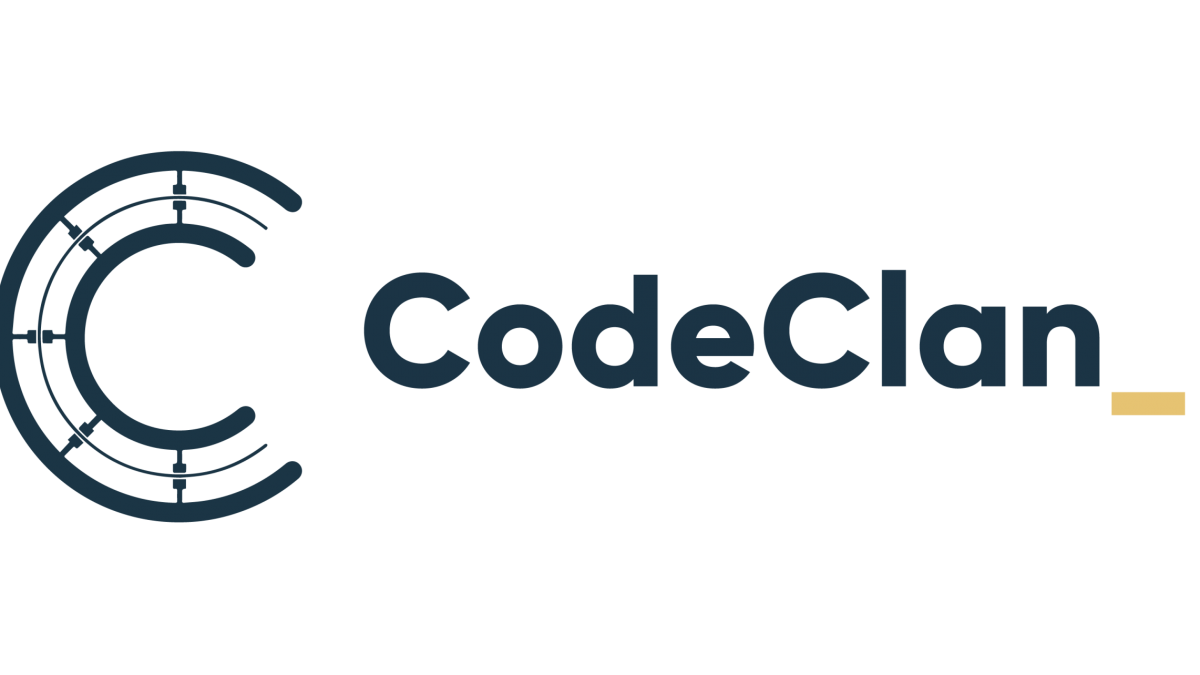Scotland’s national digital skills academy has announced the first industry partners to join its new Highlands campus.
Companies which have joined CodeClan’s campus partner programme get early access to students studying CodeClan’s Full-Stack Web Development course, before they graduate as part of the organisation’s unique match-making careers service.
The first Highlands partners to join CodeClan are Tuminds, Yellow Cherry Digital, Lugo IT, Quarch Technology, Scottish National Heritage, the University of the Highland and the Islands, Teclan, Cap Gemini and Football Pools.
All of the partners will be able to access CodeClan’s growing calendar of industry events, make use of the organisation’s Inverness venue at Wasps Creative Academy on the site of the former Inverness Royal Academy. Partners will also be the first to provide speakers and mentors for students during the course, and are eligible to join the advisory groups which help to shape the CodeClan curriculum and ensure every graduate is as valuable and job-ready as possible.
CodeClan Highland’s campus provides industry-led training for a new generation of software and web developers. It will help attract and retain young people in the Highlands, create high-value jobs and ensure businesses across the region have access to skilled people to help innovate and improve their competitiveness.
The first cohort of students, who started studying earlier this month, will receive an intensive introduction to full-stack web development, using the Ruby and JavaScript programming languages, as well as a focus on team-work, agile methodology, test driven development, user experience, careers advice and self care.
Melinda Matthews-Clarkson, the CEO of CodeClan, said: “CodeClan’s partners are a large part of our success to date. They give us insight into the evolution of their industries, the changing nature of their challenges and how our graduates fit into their corporate culture.
“We’re absolutely delighted to welcome our first dedicated Highlands partners on-board. They demonstrate the incredible diversity and range of sectors and businesses in the region. We can’t wait to introduce them to our students and help them understand the incredible opportunities available throughout the North of Scotland.”
CodeClan’s Highlands campus is run in partnership with Highlands and Islands Enterprise (HIE) as part of the Northern Innovation Hub on behalf of the Inverness and Highland City-Region Deal.
The Hub is a set of carefully targeted projects to strengthen innovation and increase competitiveness among businesses across The Highland Council region.
The partnership was awarded £11 million by the Inverness and Highland City-Region Deal, along with £3 million from the European Regional Development Fund and £2 million from HIE.
Applications are now open to join the second cohort of students in the Highlands. For more information, to attend any of the opening evenings, or coding experience events, or to apply to join, visit: https://www.codeclan.com/inverness.
Founded in 2015, and with campuses in Edinburgh, Glasgow and Inverness, CodeClan is Scotland’s national digital skills academy. The not-for-profit organisation has created a pipeline of new digital skills and talent for companies in Scotland’s rapidly evolving digital economy.
Courses include the multi award-winning Professional Software Development (PSD) programme, which trains people from all backgrounds in software development. A new Data Analytics course which offers immersive training to assist transition to data-focused business careers. CodeClan also created a Full-Stack Web Development course specifically for it’s Highlands academy and tailored to businesses in that region.
In addition, the organisation offers a growing range of short and bespoke courses, which enable companies to future-proof their workforce with new in-demand digital skills.
To date, CodeClan has produced over 750 graduates, the majority of whom are now working within technical roles within Scotland’s rapidly evolving digital economy, with 250 employer partners, including major financial institutions and government departments, through to the country’s booming start-up scene.




